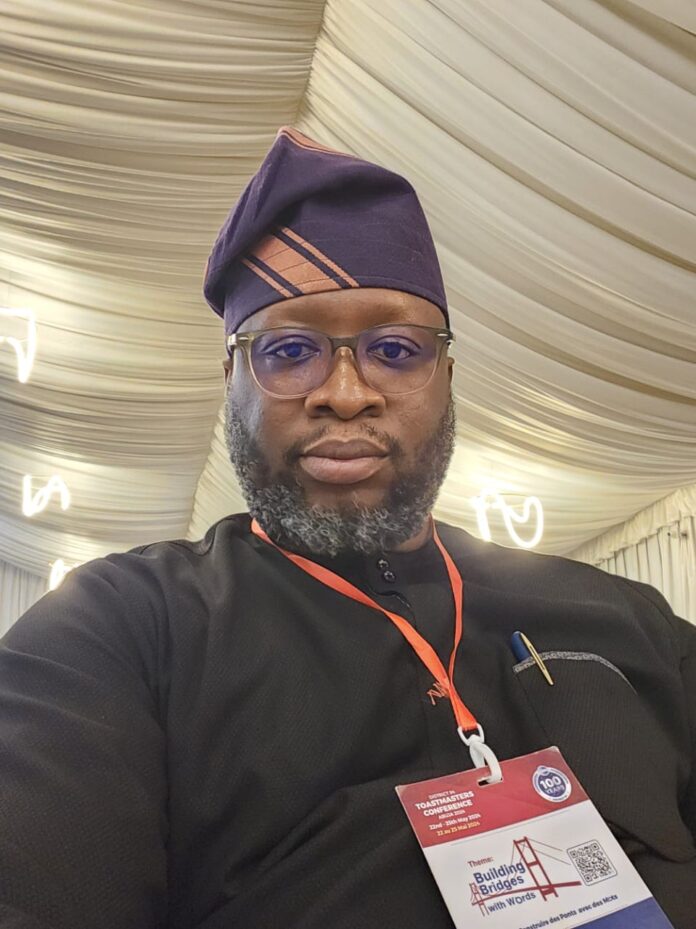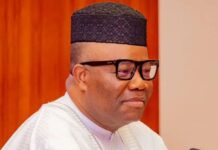Tobacco interests and the industry have historically influenced policy decisions, leading to a lack of political will to prioritize tobacco control funding.
By Olawale Makanjuola
Tobacco use remains a significant public health challenge in Nigeria, contributing to a myriad of health issues including cardiovascular diseases, respiratory illnesses, and various cancers.
According to the World Health Organization (WHO), tobacco kills more than 8 million people each year globally, with a substantial portion of these deaths occurring in low- and middle-income countries including Nigeria. To combat this growing epidemic, effective funding for tobacco control initiatives has been identified as important as the country grapples with other myriad public health challenges. This article explores Nigeria’s current state of tobacco control funding, the challenges faced, and recommendations for enhancing funding effectiveness.
Nigeria has made strides in tobacco control through the enactment of the National Tobacco Control Act in 2015. The act aims to regulate tobacco production, distribution, and consumption. The law is aligned with the WHO Framework Convention on Tobacco Control (FCTC), which Nigeria ratified in 2005. The Act mandates the establishment of the National Tobacco Control Committee, which is responsible for overseeing the implementation of tobacco control measures.
Despite these legislative efforts, tobacco control funding remains inadequate. Major support for advocacy and awareness components is drawn from the support provided by international partners committed to fostering a tobacco-free Nigeria. This support has been instrumental in the achievements recorded in tobacco control initiatives in Nigeria. However, reliance on external funding limits the sustainability and scalability of these programs.
However, there is an urgent need for the Federal Government to strategically focus on the rising public health challenges posed by Non Communicable Diseases(NCD’s) particularly the use of tobacco.
The Nigerian government currently allocates a minimal percentage of its health budget to tobacco control. According to the WHO, countries should allocate at least 2% of their health budgets to tobacco control efforts. This figure is significantly lower, resulting in inadequate resources for effective implementation of tobacco control programs.
Stakeholders within the corridors of influence in Nigeria must show more commitment to tobacco control especially in its budget advocacy efforts. Relevant regulatory agencies within the health sector must have adequate statutory allocations essential for tobacco control.
In Nigeria, tobacco interests and the industry have historically influenced policy decisions, leading to a lack of political will to prioritize tobacco control funding. The tobacco industry often employs tactics such as lobbying and misinformation campaigns to undermine public health efforts, which can deter policymakers from supporting robust funding initiatives.
Public awareness about the health risks of tobacco use and the importance of funding tobacco control initiatives is lacking. This gap in knowledge affects the public’s ability to advocate and campaign for better funding and policy changes. Without a strong public voice, it becomes challenging to mobilize resources for tobacco control.
Recommendations for Effective Funding
A significant step towards effective tobacco control funding is increasing domestic funding. The Nigerian government should prioritize tobacco control in its health budget and allocate a specific percentage of health funds to tobacco control initiatives. This approach will reduce reliance on external funding and ensure the sustainability of programs.
Implementing higher taxes on tobacco products is a proven strategy for reducing consumption and generating revenue that can be reinvested in health programs.
According to the WHO, countries that have raised tobacco taxes have seen a decrease in smoking rates. The revenue generated from these taxes can be earmarked for tobacco control initiatives, including public awareness campaigns and cessation programs.
Stronger collaboration with local NGOs and international organizations can enhance funding for tobacco control. These strategic partnerships leverage resources and expertise from these organizations. By working together, stakeholders can implement comprehensive tobacco control programs that address prevention, cessation, and regulatory measures.
Public education campaigns are crucial for raising awareness about the dangers of tobacco use and the need for funding tobacco control initiatives. The government, in collaboration with NGOs, should invest in campaigns that inform the public about the health risks associated with tobacco and the importance of supporting tobacco control measures. These campaigns can mobilize public support and pressure policymakers to increase funding.
To secure funding, it is essential to foster political will at all levels of government. Engaging policymakers, providing them with evidence-based research on the impact of tobacco use, and demonstrating the economic benefits of tobacco control can help build support. Advocating for tobacco control as a public health priority can shift the narrative and encourage policymakers to allocate more resources.
Conclusion
Effective funding for tobacco control in Nigeria is critical for addressing the public health crisis posed by tobacco use. By increasing domestic funding, implementing tobacco taxes, strengthening partnerships, enhancing public awareness, and fostering political will, Nigeria can create a sustainable and effective tobacco control framework. It is imperative that all stakeholders—government, NGOs, and the public—collaborate to secure the necessary funding and resources to protect the health of Nigerians and combat the tobacco epidemic.
Makanjuola is the Alliance Coordinator, Nigeria Tobacco Control Alliance (NTCA).














